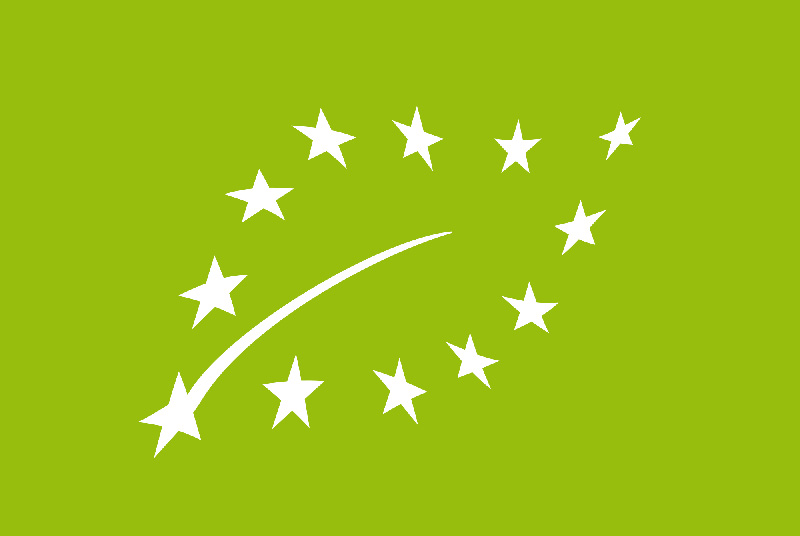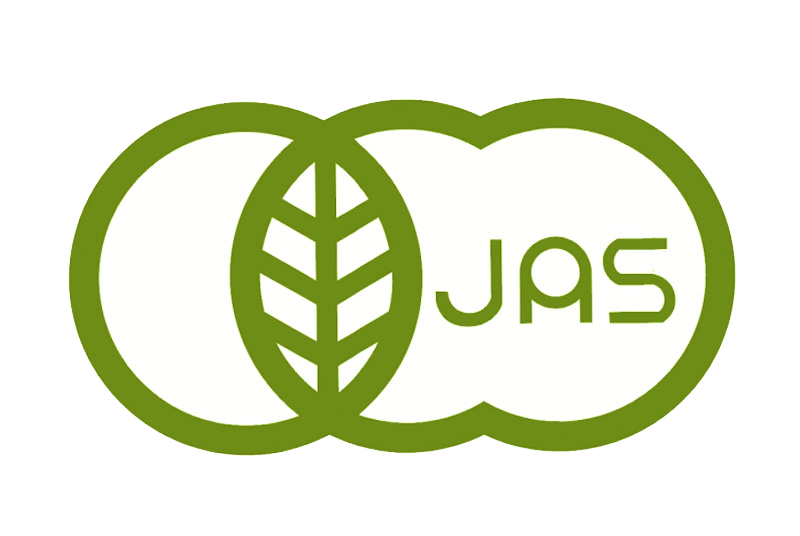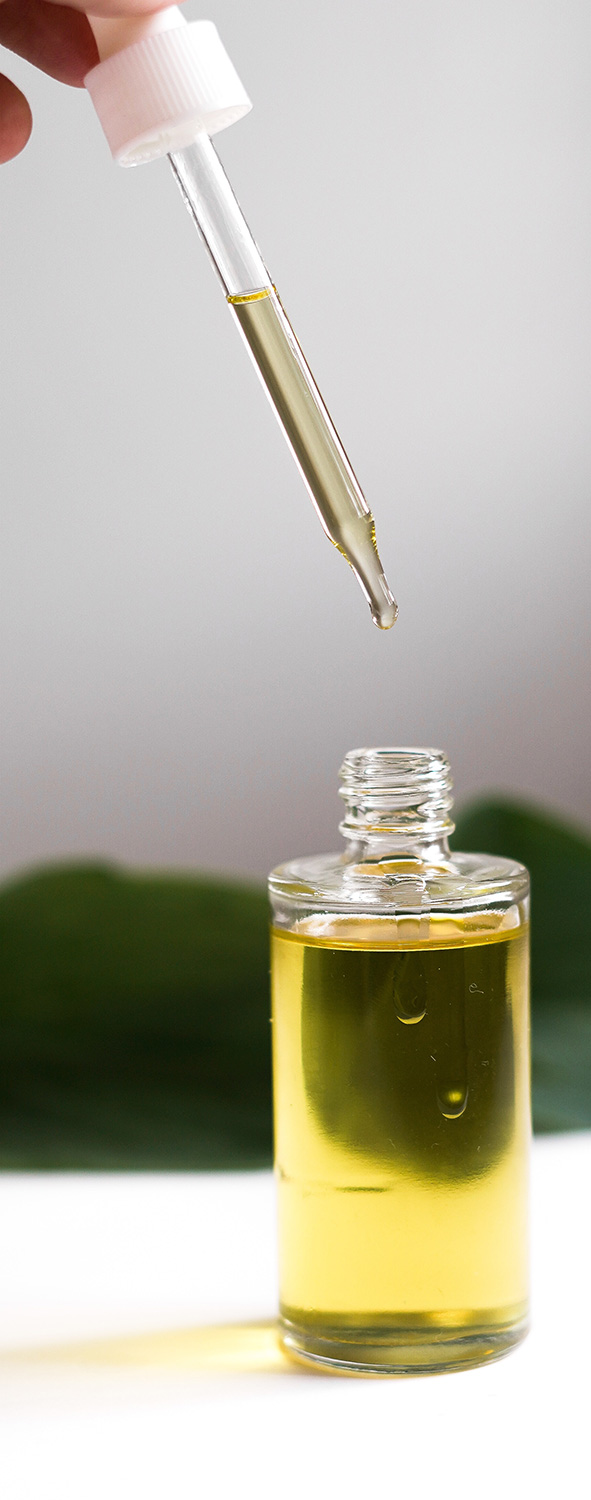
Esmea olive oil being organically certified by the EU, EU-UK, USDA, and JAS indicates that it has met the respective organic certification standards of these organisations.
Let’s break down what each certification entails



EU Organic Certification: This certification ensures that Esmea olive oil complies with the organic farming regulations established by the European Union. It guarantees that the olives used for the oil were grown without the use of synthetic pesticides or fertilizers, and that the production process followed specific guidelines for organic farming.
EU-UK Organic Certification: This certification is relevant following the UK’s exit from the European Union. It verifies that Esmea olive oil meets the organic standards set by both the EU and the UK, ensuring its compliance with the organic regulations of both regions.
USDA Organic Certification: Issued by the United States Department of Agriculture (USDA), this certification indicates that Esmea olive oil has met the organic standards set by the USDA. These standards require the olives to be grown without synthetic pesticides, herbicides, or genetically modified organisms (GMOs), and also outline specific regulations for handling, processing, and labeling organic products.
JAS Organic Certification: JAS (Japanese Agricultural Standard) is the organic certification system in Japan. If Esmea olive oil is JAS certified, it means that it meets the organic requirements established by the Japanese government. These requirements ensure that the olives used for the oil were grown without the use of synthetic chemicals, and that the production process complies with specific organic standards.
By obtaining these certifications, Esmea olive oil demonstrates its commitment to meeting the organic standards of multiple regions, making it a reliable choice for consumers looking for organically produced olive oil.
